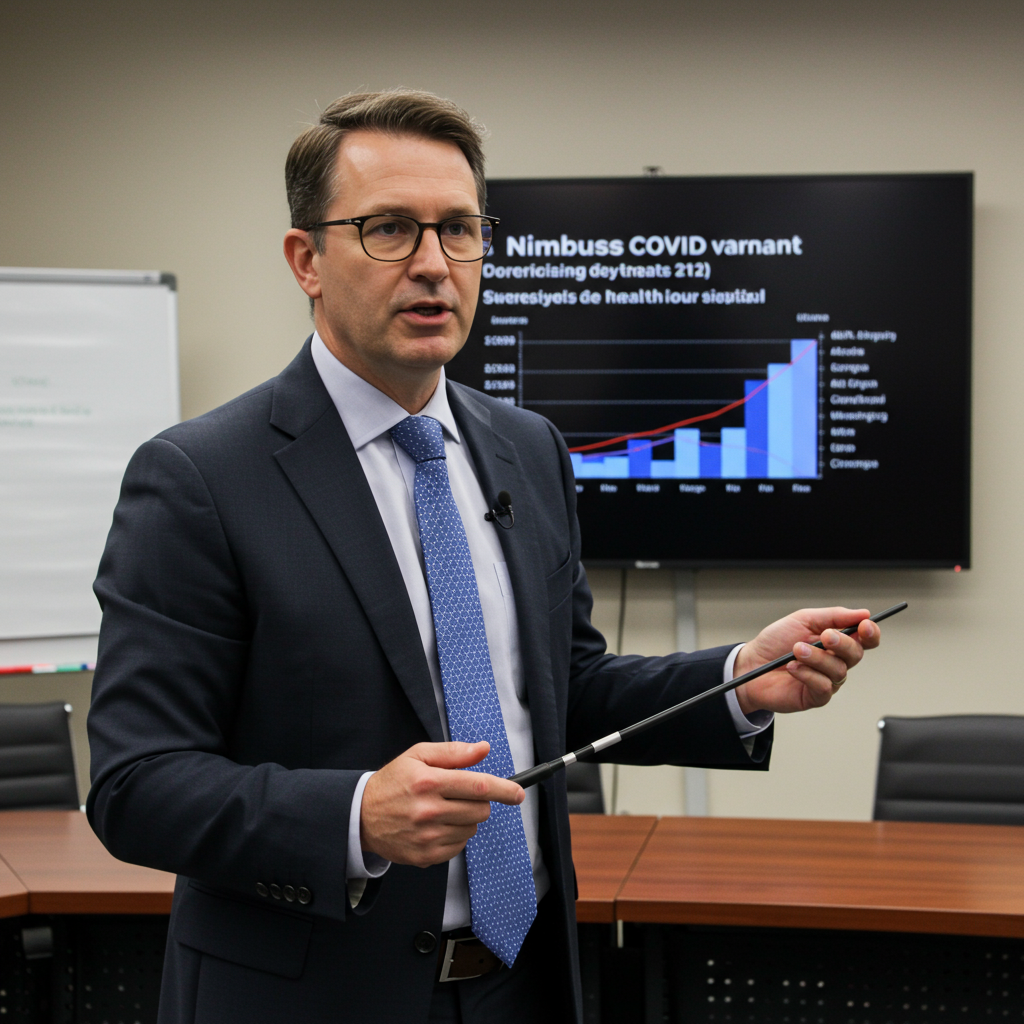Sweden Plans Massive Defence Spending Hike with $31 Billion Borrowing
Sweden’s parliament has approved a landmark plan to significantly boost the nation’s defence capabilities, authorizing the government to borrow up to 300 billion Swedish crowns, equivalent to approximately $31 billion. This cross-party agreement secures crucial funding for a comprehensive rearmament effort, positioning NATO’s newest member to reach a military spending target of 3.5% of GDP by 2032.
The decision comes amidst what officials describe as a “very serious security situation” in the region, largely driven by Russia’s ongoing invasion of Ukraine. Sweden, which joined NATO in 2024, has already doubled its defence spending since 2020, reaching around 2.4% of GDP. However, this new plan signals a far more ambitious trajectory for military and civil preparedness.
Key Details of the Defence Funding Plan
The substantial borrowing package, agreed upon after months of negotiations between the government and opposition parties, reflects a broad and long-term political consensus on the necessity of strengthening national security.
Spending priorities under the plan include:
Expanding the size and capabilities of the Swedish Army.
Bolstering air defence systems.
- Increasing critical stocks of ammunition.
- en.apa.az
- www.freemalaysiatoday.com
The majority of the funds – 250 billion crowns – are allocated directly to the military defence. The remaining 50 billion crowns will be directed towards strengthening Sweden’s civil defence and essential infrastructure.
Financial Impact and Future Outlook
While Sweden boasts relatively strong public finances with government debt significantly lower than the EU average, this significant borrowing will impact the national balance sheet. According to Finance Minister Elisabeth Svantesson, the funding increase is expected to push government debt up by around 3 percentage points.
To accommodate this historic investment, Sweden will temporarily suspend its strict fiscal rules. However, the agreement mandates that public finances must be back in balance by 2035, presenting a future challenge for governments. This could necessitate either raising taxes or finding savings in other areas of the state budget.
Finance Minister Svantesson has indicated that future savings might come from sources like the aid budget or through reprioritizing other expenditures, ruling out tax increases to cover the defence costs. The main opposition party, the Social Democrats, have suggested a “preparedness fund” as a potential mechanism.
“Whatever we have it will need to increase revenues and reduce expenditure,” stated Mikael Damberg, economic spokesman for the Social Democrats, highlighting the long-term fiscal considerations.
This major financial commitment underscores Sweden’s resolve to enhance its security posture and contribute robustly to collective defence within the NATO alliance in the face of evolving geopolitical threats.




